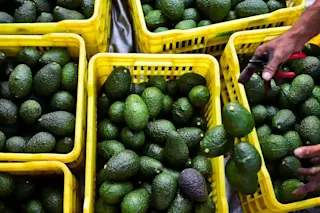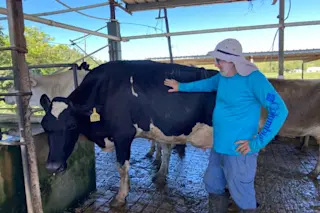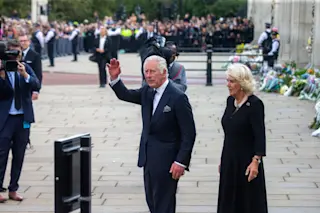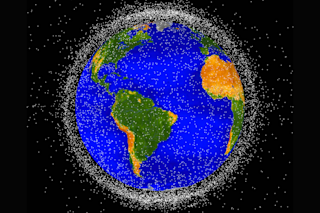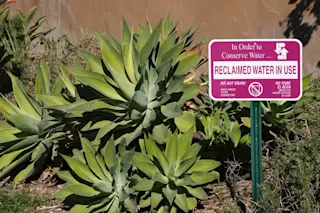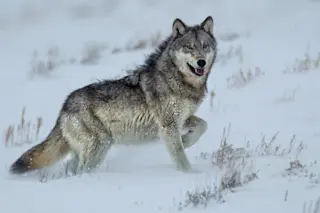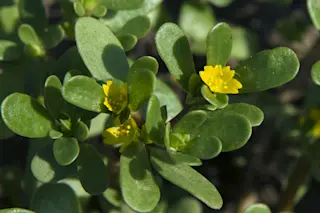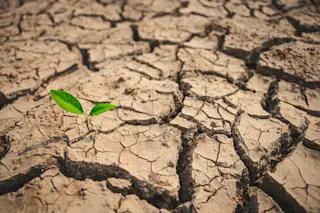If you missed the recent Intelligence Squared debate on GMOs, it's worth watching. Or if you prefer, read the transcript. Like Nathanael Johnson, I was initially dubious about the event, then pleasantly surprised at how it turned out. I was also a kinda surprised to see Bill Nye (The Science Guy) piggyback on it:
They're debating genetically modified food- what the GMF? @IQ2US My opinion is in my new book: Undeniable, The Science of Creation — Bill Nye (@TheScienceGuy) December 3, 2014
His opinion, alas, is not very Science Guy-like, as we learned several weeks ago. Some of you might recall the open letter from Kevin Folta, a University of Florida plant scientist, inviting Nye to participate in "a forum at a major university for a civil, evidence-based debate on the benefits and risks of agricultural biotechnology." The Science Guy never responded. Nevertheless, he is sufficiently interested in the topic ...



